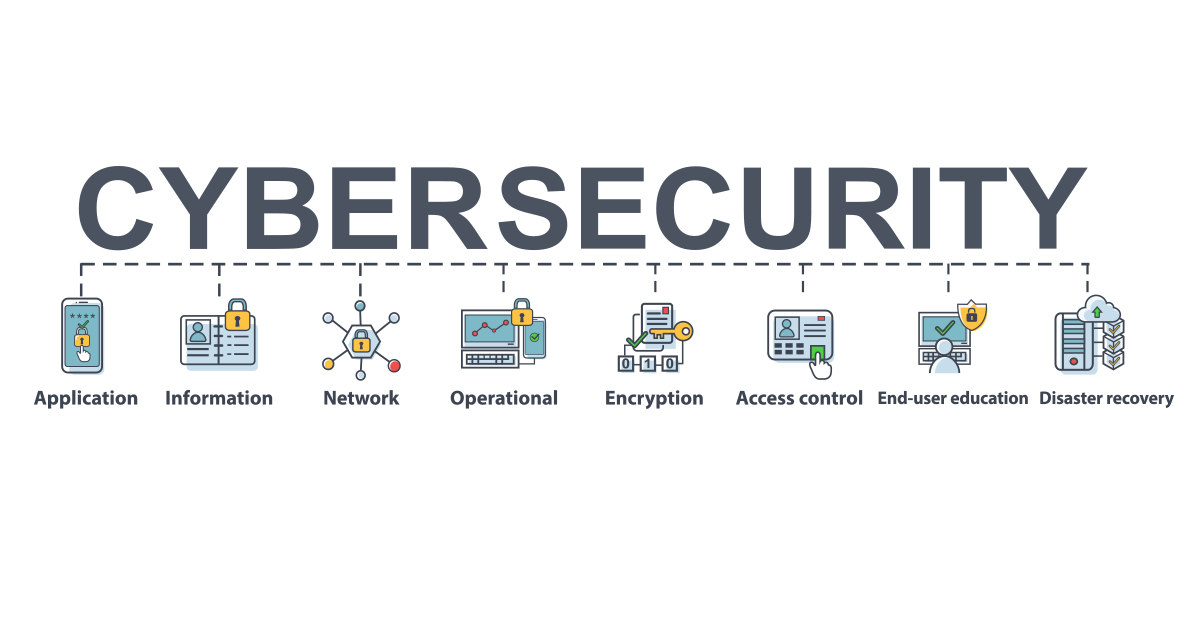cybersecurity analyst jobs Options
cybersecurity analyst jobs Options
Blog Article

1. Data breaches: Fintech companies handle sensitive economic details, making them a prime target for cybercriminals. A solitary data violation can compromise numerous users' individual and economic information, resulting in severe consequences.
2. Repayment scams: Fraudsters use advanced techniques to control payment systems, creating monetary losses for both customers and services. Avoiding repayment fraudulence requires advanced safety and security procedures and constant tracking.
3. Compliance: Fintech firms have to follow numerous economic regulations, such as GDPR, PCI-DSS, and AML/KYC. Making certain conformity can be a facility and taxing process, however failure to do so can cause hefty penalties and reputational damages.
4. Not enough safety and security steps: Fintech business typically focus on rate and advancement over security, bring about insufficient defense versus cyber threats. This can expose individuals' information and economic information to considerable dangers.
Fintech software development need to address these cybersecurity tests to protect customers' interests and preserve public trust fund. }
The fintech sector is reinventing the way we handle cash, however with innovation comes new challenges, specifically in cybersecurity. Such challenges examine the stability and safety and security of monetary systems and influence your image as a reliable fintech copyright https://s-pro.io/fintech.
In this article, we're checking out the 4 cybersecurity threats dealt with by the fintech market and suggest strategies on just how to mitigate them.
Malware Strikes
A malware attack refers to any kind of destructive software meant to hurt a customer's computer or server. These harmful programs are developed and distributed by cybercriminals for various objectives, with the usual objective of taking personal, financial, or organization data.
Ransomware, a kind of destructive software program, continues to be the most report from Statista exposed that in 2023, 72% of organizations experienced a ransomware attack. Wondering how to remain safe? Here are a couple of recommended defense strategies.
keep your computer and software application upgraded;
just make use of a trusted anti-virus;
never ever open links that originate from unknown senders.
Arising Technologies
The quick embracing of cutting-edge modern technologies such as blockchain, AI, and IoT by fintechs uses significant potential for growth and advancement, but it likewise presents new safety and security difficulties. As an example, AI-driven systems can be utilized to recognize weak points in networks and systems, while IoT strikes target tools connected to the internet, endangering their data storage space and collection capabilities. Although selecting safe and secure devices can minimize IoT risks, combating AI-powered assaults requires a much more advanced method.
Execute a multi-faceted security strategy;
Provide normal training for staff members on safety best practices;
Utilize innovative AI-powered protection options to improve defense versus insider hazards.
An expert threat is the one originating from within a fintech cybersecurity training certification (payment systems, neobanks, etc) company. Customarily, the "sources" of risk are staff members or service providers who have licensed accessibility to sensitive information or systems. Insider risks been available in 2 types-- deliberate-- when the sensitive information is taken and offered intentionally and inadvertently-- unexpected direct exposure of personal information that triggers injury to an organization. Several of the very best techniques to reduce insider dangers consist of the following:
audit of your team's access privileges;
implementation of password defense plans;
education of your team on how not to end up being the sufferers of phishing.
Third-Party Vendors
Several fintech companies rely upon third-party companies for services like settlement processing or data storage space. Such dependence on external suppliers in fintech software program advancement can introduce numerous opportunities for cyberattacks. Fintech companies need to conduct comprehensive due persistance on third-party vendors they accept, including history checks and protection evaluations, to ensure they have limited safety and security procedures in place.
Finally, while the fintech sector is obtaining globally fostering, cyberpunks never rest, making cybersecurity a top challenge in fintech software program development.
S-PRO, a forward-thinking software growth firm, prioritizes the assimilation of cutting-edge protection solutions in its fintech jobs to protect the interests of both its customers and end-users, supplying them with first-class protection versus cyber attacks. Report this page